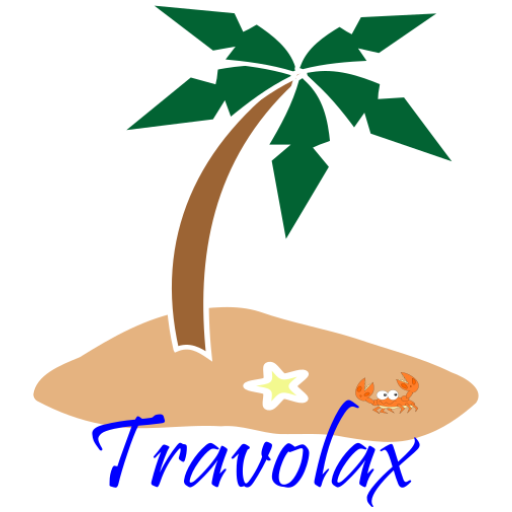
How to Plan Travel Smarter in 2025: Key Trends, Hacks, and Budget Strategies
Share
Travel planning has transformed in 2025, driven by tech innovation, value-seeking travelers, and a surge in demand for meaningful and flexible experiences. Whether you're plotting a European escape or a local weekend jaunt, today’s smartest travelers are leveraging new tools, timing tricks, and planning strategies for affordable, fulfilling trips. Here’s what’s trending—and actionable ways to save.
1. AI-Powered Personalized Planning
Generative AI has become the go-to digital travel assistant for many, helping create custom itineraries based on real-time data, preferences, and social activity. AI tools now build out multi-country journeys, optimize flight connections, and even suggest low-season off-the-radar destinations—making complex travel planning far simpler.
Actionable Tip: Use free AI trip planners and chatbot concierges to compare flight routes, accommodation prices, and reviews—for faster, smarter booking.
2. Social Media & Authentic Inspiration
Social platforms aren’t just for wanderlust these days—they’re the new travel agent. Nearly 40% of Gen Z and millennials now start or finish their planning process on social media, favoring real experiences and unsponsored content for idea generation. TikTok, Instagram, and Threads are top places to find last-minute deals, local food tips, and destination “dupes” that offer the vibe of Paris or Bali—without the crowds (or prices).
Actionable Tip: Search hashtags like #solotravel, #budgettrip, or #hiddenparadise for crowd-sourced inspiration and real deals.
3. Flexible, Value-Driven Bookings
Rising costs and inflation have forced travelers to be savvier about timing and value. Short, frequent trips (3–4 days) are up; long-haul journeys trend toward off-season and less touristy spots—driven by flexible booking platforms and last-minute cancellation policies that protect budgets. Subscription-based travel services and vacation packages bundle flights, stays, and attractions, offering easier planning and upfront savings.
Actionable Tip: When booking, prioritize flexible cancellation and off-peak dates. Use packaged deals through agents or trusted platforms for bigger overall discounts—especially on all-inclusive and family trips.
4. Focus on Meaningful, Multigenerational, and Wellness-Centric Travel
Travel is more than a luxury: it’s now an essential investment in well-being and connection. More Americans are embracing vacations as self-care, organizing trips around immersive experiences, health-focused activities, and multi-generational family travel. National parks, regional food tours, and hands-on local workshops are booming.
Actionable Tip: Plan group trips with varied activities to cater to all ages. Look for destinations with diverse attractions, and consider renting villas or houses for home-style value and comfort.
5. Mobile-First and Tech-Enabled Convenience
With smart airports, IoT-enabled luggage, AR navigation, and mobile booking, technology now streamlines every step of travel. 98% of travelers report booking, itinerary management, and even translation—all from their smartphones.
Actionable Tip: Download mobile apps for airlines, accommodation, and local transport well ahead of travel. Opt for digital boarding passes, real-time translation, and e-safety tools to keep everything organized and stress-free.
Quick Money-Saving Hacks For 2025:
- Hunt deals on off-peak or mid-week travel dates—flights and hotels can drop 35% or more.
- Book accommodations with kitchen access; dining in saves $20–$40/day.
- Use loyalty programs, credit card perks, and travel agent package deals for bonus savings.
- Compare short-term rentals versus hotels, especially for longer stays or group travel.
In Summary
Travel in 2025 is about mixing technology, flexibility, and personal value. AI, social media, and mobile apps put more control in travelers’ hands, while timing and smart booking choices help keep adventures affordable. The most successful planners will blend tech-savvy research, a willingness to explore “dupes” or alternative destinations, and a focus on experiences that matter most—for their budget and their well-being.
